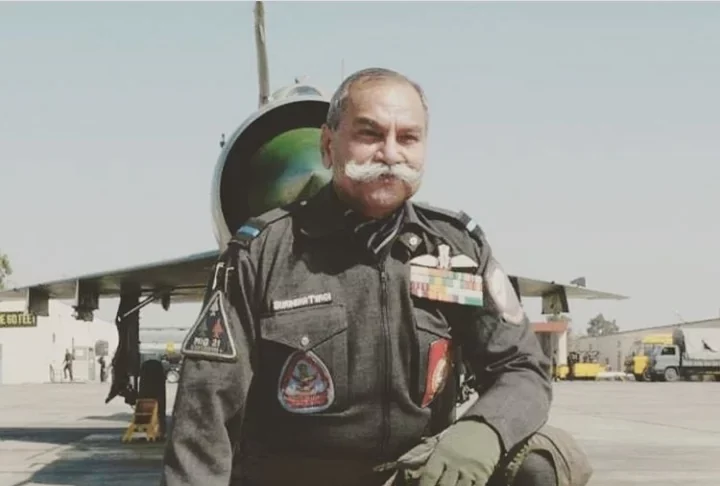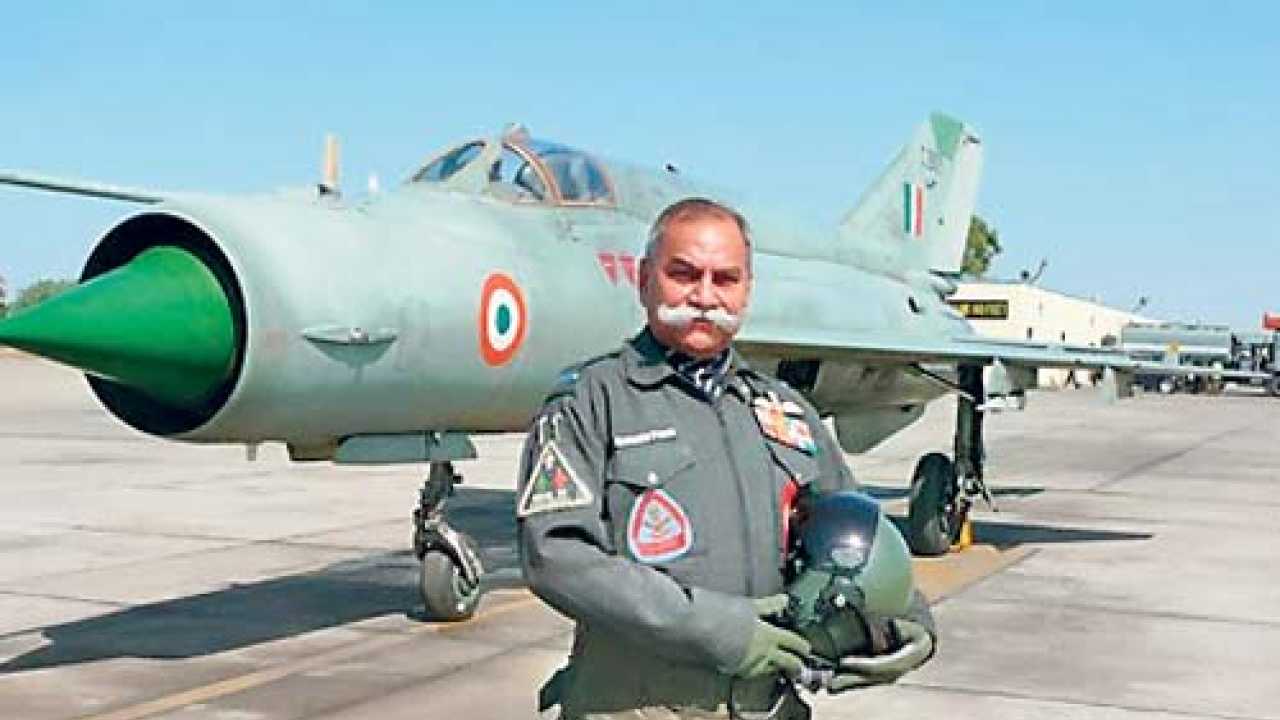As the Indian Air Force prepares to bid farewell to its iconic MiG-21 Bison fleet by the end of 2025, one veteran stands out for his unmatched bond with the aircraft. Air Commodore Surendra Singh Tyagi (Retd), now 83 years old, holds the world record for the most flying hours on a MiG-21, having logged 4,306 hours and 6,316 sorties during his career.
With the aircraft approaching retirement, Tyagi has expressed a heartfelt wish to fly the MiG-21 one final time. “This is one request which I will be making to the Chief of Air Staff, Air Chief Marshal A.P. Singh, whom I shall be meeting very soon,” he said in a candid phone conversation from his home in Jamnagar, Gujarat.
Tyagi’s association with the MiG-21 is legendary. His record was recognized by the Russian government in 2013, when the Russian ambassador presented him with a trophy acknowledging his exceptional achievement. The Indian Air Force also honored him with a golden plaque, and he was felicitated by then Prime Minister P.V. Narasimha Rao in 1993.

“I never flew for myself. You flew for the people with you, and you gave them whatever positive things you learnt,” Tyagi reflected. Beyond his flight hours, he is remembered as a mentor who trained and inspired generations of IAF pilots.
The MiG-21, which entered IAF service in 1963, has been a cornerstone of Indian air power. It played key roles in the 1965 and 1971 wars, and later in the Kargil conflict, and has seen multiple upgrades over the years. The MiG-21 Bison, introduced in the early 2000s, brought modern radar, avionics, and missile capabilities to the ageing platform, keeping it combat-ready into the 21st century.
Despite its achievements, the aircraft has faced criticism due to its high accident rate. Over 400 crashes have been recorded since its induction, earning it the unfortunate nickname “flying coffin.” The IAF has been steadily phasing out the MiG-21, replacing it with more advanced jets such as the Tejas, Rafale, and the upcoming Advanced Medium Combat Aircraft. The final squadron, No. 3 “Cobras” based at Nal in Rajasthan, is expected to retire by late 2025.
Air Commodore Tyagi’s request for a final sortie is a powerful symbol of his bond with the aircraft. While a solo flight at his age is unlikely due to medical and operational constraints, a ceremonial sortie in a two-seat MiG-21 trainer with an active IAF pilot remains a possibility. Such a gesture would serve as a meaningful tribute to both the pilot and the platform.
Tyagi’s story mirrors the evolution of the IAF. He began flying the MiG-21 when it was among the most advanced fighters in the world, capable of challenging Pakistan’s F-86 Sabres and F-104 Starfighters. Over the decades, he witnessed the aircraft’s transformation and its role in shaping India’s air dominance.
His final flight would not only honor a lifetime of service but also mark a poignant farewell to an aircraft that defined an era in Indian military aviation.













